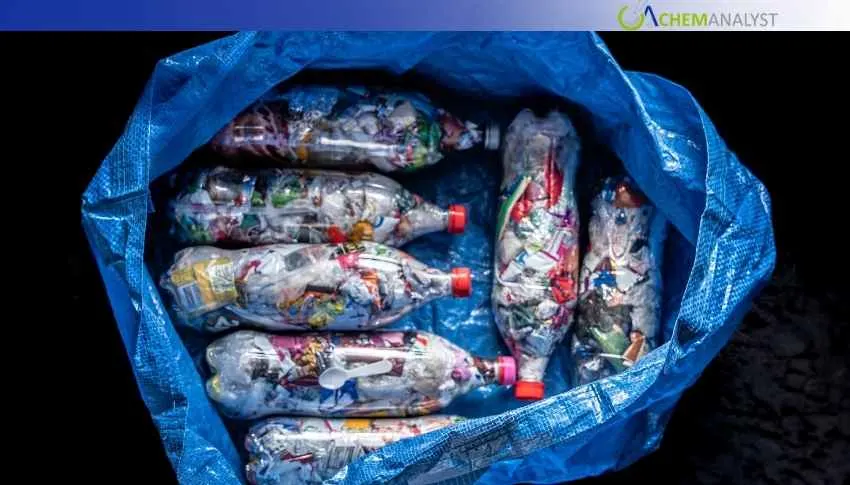Welcome To ChemAnalyst

Alliance to End Plastic Waste launches Strategy 2030, focusing on larger, targeted programs, financing, and partnerships to accelerate global plastics circularity.
The Alliance to End Plastic Waste has published its 2024 Progress Report, marking five years of initiatives aimed at tackling global plastic pollution and unveiling a bold new strategy to accelerate the shift toward a circular plastics economy. The updated approach focuses on achieving greater, faster, and larger-scale impact by concentrating efforts on high-value, integrated programs in targeted regions and addressing critical industry challenges.
Central to this vision is the mobilisation of investments. The Alliance plans to collaborate with governments, development finance institutions, and civil society organisations to build effective waste management and recycling systems. Innovative financing models and strategic partnerships will be used to drive capital into projects, especially in countries where recycling infrastructure needs strengthening.
Since its inception in 2019, the Alliance and its partners have successfully prevented 239,985.48 tonnes of unmanaged plastic waste from polluting the environment and have repurposed 253,211.80 tonnes. Financially, the organisation generated USD 70 million in 2024 alone, contributing to a cumulative total of USD 445 million in revenue over five years. Of this, USD 299 million has been channelled into projects and mission-driven activities.
President and CEO Jacob Duer highlighted that the past half-decade has provided valuable insights into what works best, particularly in emerging economies. “Our focus is sharper than ever. The experience we’ve gained has clarified the solutions with the highest impact. We are doubling down on what works to drive change at scale,” he stated.
The newly launched Strategy 2030 shifts away from supporting numerous small-scale projects, opting instead for larger, integrated programs with measurable national or global impact. These will fall into two main categories:
1. Country-specific programs aligned with national priorities, designed to improve waste management and recycling in targeted markets such as India, Indonesia, and South Africa.
2. Global challenge programs addressing persistent barriers to plastic circularity, with a particular focus on flexible plastics, which are notoriously difficult to recycle.
Investment attraction will remain a priority. The Alliance aims to use blended finance, concessional funding, and collaborations with public and private finance institutions to bring high-impact waste management solutions to life.
Chair of the Board Tracey Campbell emphasised the importance of uniting industries, governments, and communities behind proven strategies. “By aligning stakeholders around effective solutions, we can accelerate global progress toward ending plastic waste,” she said. “Our commitment is to deliver results on the ground while sharing knowledge to shape a circular and sustainable future.”
Through Strategy 2030, the Alliance aims to translate five years of lessons learned into a more targeted, impactful approach that catalyses systemic change and moves the world closer to ending plastic waste.
We use cookies to deliver the best possible experience on our website. To learn more, visit our Privacy Policy. By continuing to use this site or by closing this box, you consent to our use of cookies. More info.
